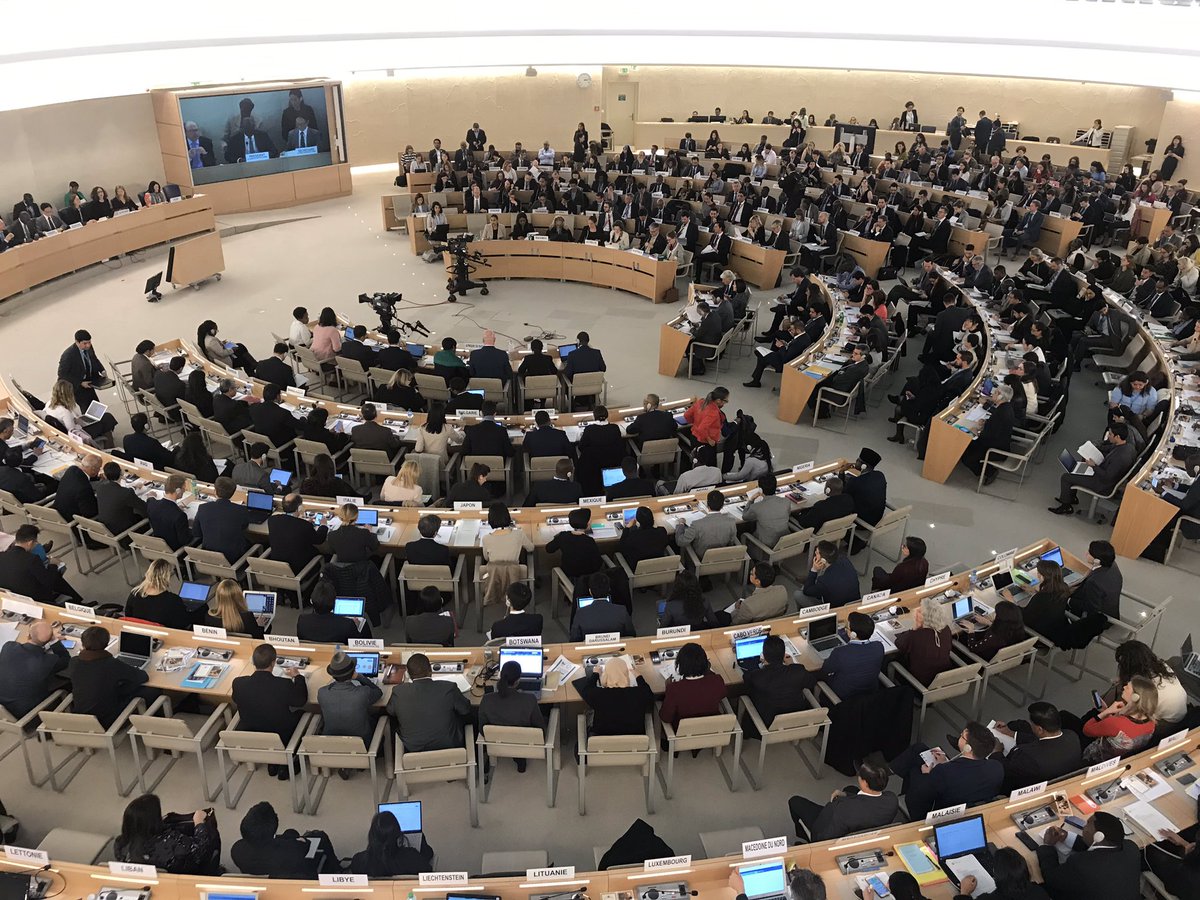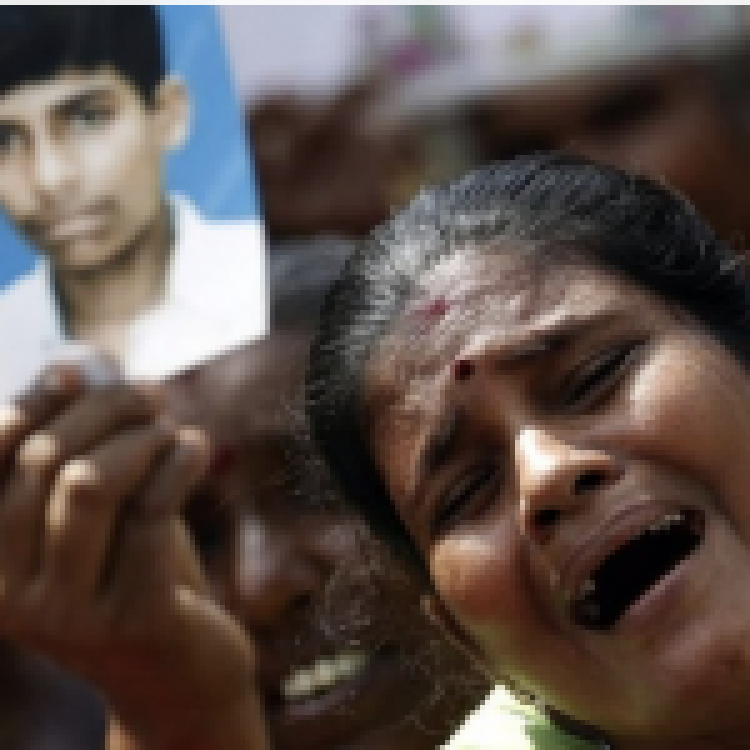
In advance of the 46th Human Rights Council session, Amnesty International has urged the UN to establish an international accountability mechanism in Sri Lanka to monitor the human rights situations, warning that if there was insufficient progress, that the Human Rights Council must take “international action to ensure accountability”.
This announcement comes as Tamil political parties, Tamil civil society actors, and representatives of Tamil victim communities, have unified to call for Sri Lanka to be referred to the ICC and for the UN to establish an international accountability mechanism.
Amnesty maintained that a failure to comply would “send a very dangerous message to perpetrators everywhere that even a state accused of the most grave crimes under international law can escape meaningful scrutiny”. They further called on the international community to “stand on the side of victims, their families, and all those pursuing justices and the protection of human rights”.
“No reliable recourse for accountability”
Amnesty’s statement highlights the need for an international accountability mechanism by critiquing not only government failures but also noting “alarming developments” which are actively “undermining the limited progress on accountability”.
These developments include;
- The acquittal of security force personnel implicated in the Trinco five massacre.
- The establishment of a Presidential Commission of Inquiry on political victimisation, which is feared will interfere with court proceedings, including the case of the disappearance of Prageeth Eknalgoda. Amnesty notes that the commission has already illegally ordered the attorney general to halt legal proceedings against navy officers accused of the enforced disappearance and killing of 11 young men in Colombo in 2008 and 2009.
- The pardoning of convicted war criminal Sergeant Sunil Rathnayaka.
- The appointment of several military officials, accused of war crimes and listed in an OHCHR investigation, to senior cabinet positions.
- The announcement that the Attorney General would not continue the prosecution of the 2005 murder case of former Tamil National Alliance (TNA) Parliamentarian Joseph Parajasingham.
Whilst Sri Lanka has claimed that it is committed to accountability and reconciliation, Amnesty International has cast doubts over a domestically designed process, stating that “Sri Lanka has a long history of such processes, however, the repeated failure of which, the OHCHR Investigation on Sri Lanka report noted ‘has led to scepticism, anger and mistrust on the part of victims’”.
Their statement further cites Sri Lanka’s former Human Rights Commissioner’s doubts that a further appointment would advance accountability as she notes there were “systematic barriers that continue to exist within the criminal justice system”. The OHCHR has previously flagged up these barriers noting that Sri Lanka’s justice suffers as;
- There is an “absence of any reliable system for victim and witness protection”.
- There is an inadequacy in “Sri Lanka’s domestic legal framework to deal with international crimes of this magnitude”.
- “Sri Lanka’s security sector and justice system have been distorted and corrupted by decades of emergency, conflict and impunity”.
Amnesty International further criticised the passage of the 20th Amendment which undermined the independence of commissions such as the National Police and Human Rights Commissions, as well as the independence of the Supreme Court and Court of Appeals. This is because members of the courts and Commissions are directly appointed by the President as are the Attorney-General and Inspector-General of Police.
Deteriorating human rights
The report also highlights the “alarming crackdown on civic space in Sri Lanka” over recent years noting the “targeting and intimidation of human rights defenders, journalists, and lawyers”.
Discrimination
The report further highlights UN High Commissioner for Human Rights, Michelle Bachelet, concern over the “increasing levels of hate speech, and security policy measures” that “appear to be discriminately and disproportionately directed against minorities, both Tamil and Muslim”.
Amongst these policies is Sri Lanka’s policy of forced cremation of bodies which denies Muslim burial rights. The government’s policy has faced international backlash with its own medical authorities supporting a repeal of the measure.
Prevention of Terrorism Act
Amnesty further highlight Sri Lanka’s refusal to repeal its draconian Prevention of Terrorism Act which enables for arbitrary detention and has been linked to abuses such as torture and sexual violence.
Amnesty’s report highlights the wrongful detention of Hejaaz Hizbullah and Ahnag Jazeem. Hejaaz Hizbullah, a prominent Muslim lawyer, has been held in custody since 14 April 2020 and has tested positive for COVID-19 during his detention.
The spread of COVID-19 within Sri Lanka’s overcrowded prisons has led to the deaths of at least 14 people in three different facilities. 64 Tamil political prisoners have also been reported to have contracted the virus.
Amnesty has also called for an inquiry into the police’s use of lethal violence against prisoners at Mahara Prison who were demanding a release due to health concern. At least 8 prisoners were killed and over 50 injured as police opened fire on prisoners.
Read Amnesty's full report here.



